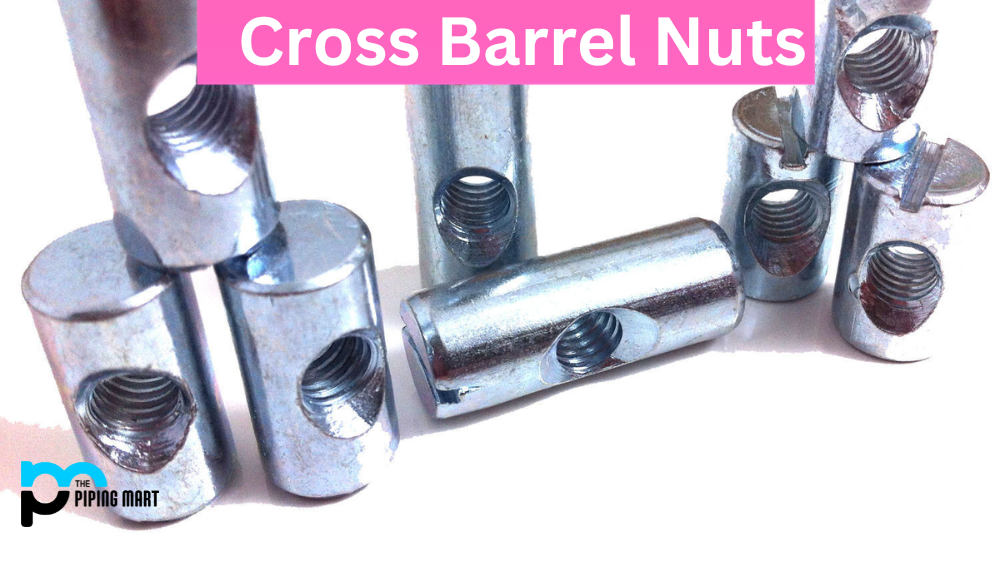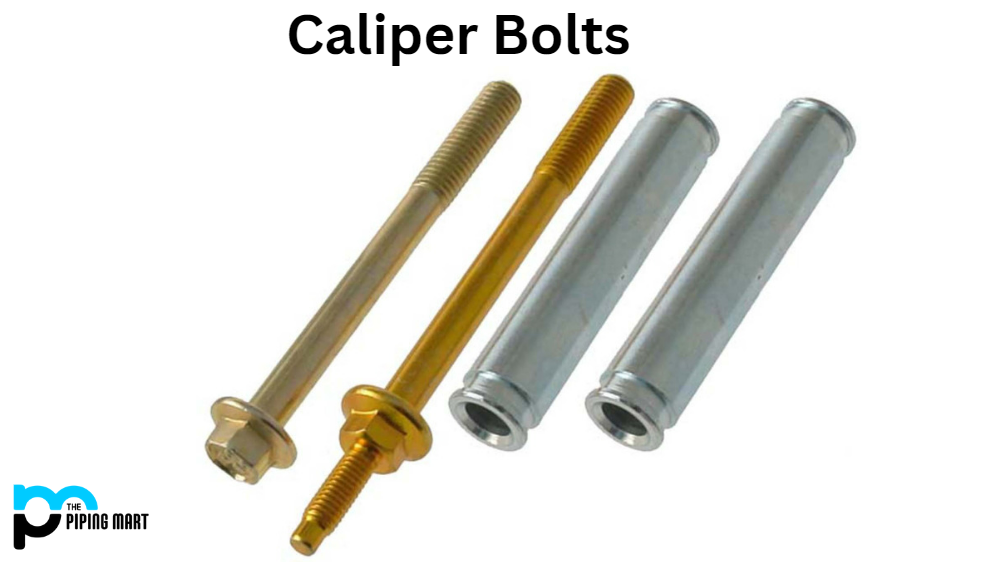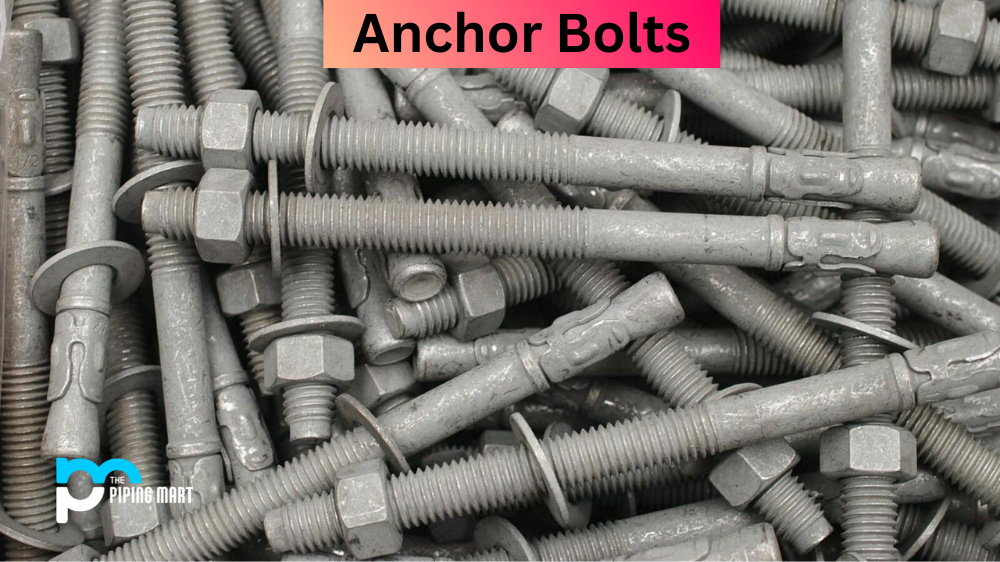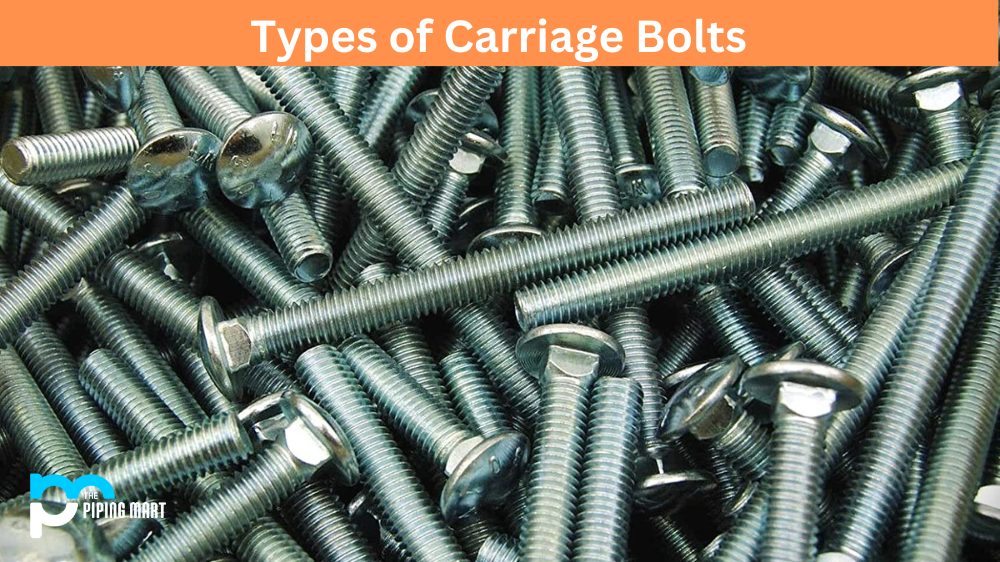Fasteners are an essential part of any manufacturing process. With a proper fastening system, products would stay intact, and many industries would halt. Numerous types of fasteners are available, and each has its strengths and weaknesses. Cross-barrel nuts are one of the most versatile and useful options available. This blog post will compare cross-barrel nuts to other fastening options and explore cross-barrel nuts’ advantages and use cases.
Cross Barrel Nuts vs. Screws:
Screws are one of the most common types of fasteners available in the market. However, cross barrel nuts provide significantly more holding power than screws. Cross-barrel nuts are also more durable and reliable in situations where screws might come loose due to vibrations or other external factors. Additionally, cross barrel nuts can be used in situations where the load-bearing capacity is a concern, as they distribute the load across a larger surface compared to screws.
Cross Barrel Nuts vs. Rivets:
Rivets are fasteners used to attach two or more materials permanently. However, the installation of rivets requires special tools and is a more complicated process than cross-barrel nuts. On the other hand, cross-barrel nuts have a simple installation process and can be installed with hand tools. Cross-barrel nuts can also be removed and reused, which is impossible with rivets.
Cross Barrel Nuts vs. Welding:
Welding permanently joins two pieces of metal, plastic, or other materials. However, welding requires specialized equipment and trained professionals to perform the task. Moreover, welding is only sometimes the best choice for materials with different thermal coefficients of expansion or contraction, as welding can cause deformation or failure. Cross-barrel nuts provide a more practical and affordable option than welding and can be used for joining materials with different thermal expansion rates.
Cross Barrel Nuts vs. Adhesives:
Adhesives are widely used in manufacturing to bond two or more surfaces. However, adhesives have limitations, such as limited thickness, high curing time, and reduced bond strength at low temperatures. Additionally, adhesives can be expensive and require proper storage and handling. Cross-barrel nuts provide an easier, faster, and more convenient solution than adhesives, particularly when bonding materials with dissimilar thermal coefficients.
Use Cases of Cross Barrel Nuts:
Cross barrel nuts are widely used in various industries, such as automotive, construction, furniture, and electronics. They are often used in applications requiring a strong and reliable joint. For instance, they can attach panels, frames, or brackets to metal or plastic surfaces or join dissimilar materials with different heat expansion rates. Cross-barrel nuts are also useful when the fastener needs to be hidden from view, or other fastening options would compromise the aesthetics of the finished product.
In this part, we will explore the advantages of using cross barrel nuts compared to its alternatives and the various use cases in which cross barrel nuts excel.
Strength and Durability:
Cross-barrel nuts provide a secure, stable fastening solution that is incredibly strong and durable. Unlike regular screws, which can easily loosen over time, the cross barrel nut design ensures that it remains securely fastened. Additionally, the cross barrel nut can handle greater loads compared to regular screws, which makes it an ideal option for heavier applications.
Ease of Use:
Cross barrel nuts have the user-friendliness of screws, meaning that they are easy to install and remove. This advantage makes them ideal for applications that require frequent removal and installation.
Wide Range of Material Compatibility:
Cross-barrel nut fastening options come in various materials, including brass, stainless steel, and aluminum, that can be used to fasten different materials. For instance, brass cross barrel nuts are ideal for fastening wood, while stainless steel cross barrel nuts are more suited for fastening metal components.
Cost-Efficiency:
Cross-barrel nuts are a cost-efficient option perfect for large-scale production. This can be attributed to their ease of use, which leads to a shorter installation time. Finally, the nuts are quite affordable, which can help lower production costs significantly.
Use Cases:
Cross barrel nuts are the perfect fastening solution for an array of applications. These include automotive assembly, furniture manufacturing, electronics production, and many more! They provide a strong and secure fastening option, which makes them perfect for various applications that require strength and durability.
Conclusion:
Cross barrel nuts are a versatile and reliable fastening option in various industries and applications. They offer several advantages over other fasteners such as screws, rivets, welding, and adhesives and provide a cost-effective solution for joining dissimilar materials with different thermal expansion coefficients. So, if you’re looking for a fast and easy way to join materials securely, cross-barrel nuts are an excellent choice.
Sakshee is a talented blogger, with a particular focus on the Business and Metal Industry. She is passionate about sharing her insights on various metal products and helping professionals to make a better decisions.




